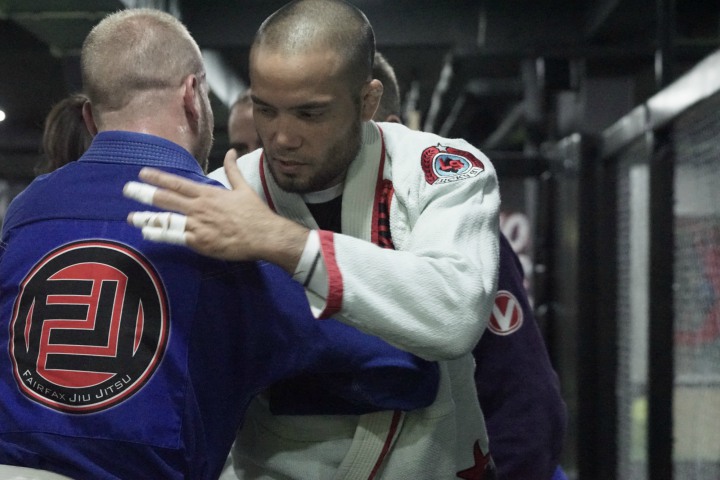In martial arts, including Brazilian Jiu-Jitsu, the role of an instructor often extends beyond teaching just techniques and physical skills. Instructors are frequently seen as mentors and role models, and as such, they play a significant role in teaching students about good manners, discipline, and respect. This holistic approach is rooted in traditional martial arts philosophy and has practical benefits for both the dojo (or gym) environment and the students’ lives outside of training. Here’s how this plays out in the context of BJJ:
1. Cultivating Discipline and Respect
BJJ training is inherently challenging and requires a high level of perseverance and self-discipline. By emphasizing these qualities in training, instructors help students develop them as inherent traits. Discipline in training includes regular attendance, diligent practice, and adherence to gym rules. Respect is taught through the customs of bowing, using appropriate titles for instructors, and observing the etiquette of sparring sessions. These practices help maintain a supportive and safe learning environment.
2. Promoting Good Manners
Good manners are essential in BJJ, as the sport requires close physical interaction and a cooperative learning environment. Instructors teach students to be polite and considerate, which facilitates smoother and more effective interactions during practice. This includes teaching students to be mindful of their hygiene, to be punctual, and to treat training gear and the gym space with care.
3. Role Modeling
Instructors who embody the values of respect, discipline, and good manners naturally impart these values to their students. When instructors behave respectfully, handle conflicts calmly, and show dedication to their craft, they set a standard for their students to emulate.
4. Building a Positive Community
By fostering a culture of respect and discipline, instructors help build a strong, cohesive community within the gym. This sense of community can be incredibly supportive and motivating for students, encouraging them to continue training and to support their fellow students.
5. Life Skills Beyond the Mat
The lessons learned in BJJ often extend beyond the confines of the gym. Discipline and respect can translate into better performance at school or work, improved personal relationships, and more responsible behavior in social settings. Many parents enroll their children in martial arts to help them acquire these life skills, which are viewed as just as valuable as physical fitness.
6. Handling Power and Responsibility
As students advance in BJJ, they gain not only greater physical prowess but also increased responsibility. Instructors must teach advanced students how to handle their skills responsibly, emphasizing that higher ranks come with the duty to lead by example and assist less experienced practitioners.
In conclusion, the role of a BJJ instructor is comprehensive, encompassing the teaching of both technical skills and broader life values like respect, discipline, and good manners. This dual focus helps students grow as practitioners and as individuals, making martial arts training a deeply formative experience. Thus, it’s generally accepted and even expected that BJJ instructors will take an active role in teaching these important aspects.



















